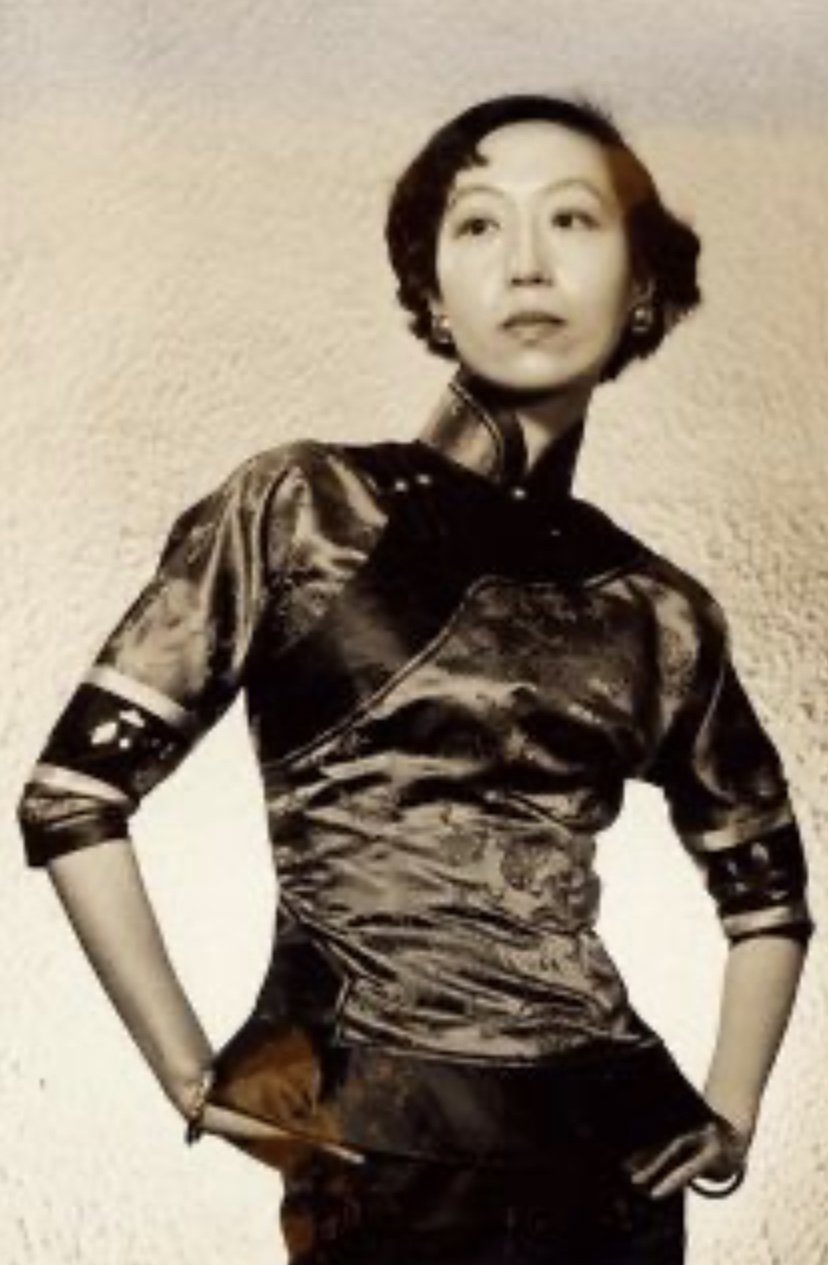Written on Water by Eileen Chang (New York Review of Books)
There are some books that wait for the right moment to be opened, bought with good intentions but sit on a shelf, unread, for months. Last winter I brought home a collection of essays, realized I wasn’t in the mood for any of them, and almost forgot about this purchase. When I picked it up recently, I fell into a conversation with a twenty-something who was born over a hundred years ago, a writer whose fiction had always intimidated me but whose essays were pure enjoyment.
Author of Love in a Fallen City and Lust, Caution, Eileen Chang admits that her novels are “rather diverting but also more unsettling than they should be…I like tragedy and, even better, desolation.” She approaches her characters with an analytical distance that’s scaldingly honest and devoid of tenderness. Although I’ve always been stunned by her talent, I’ve never read her work with pleasure--until I opened Written on Water and was immersed in delight, envy, and agreement.
Chang had me hooked with her essay, Peking Opera through Foreign Eyes, where she asserts that ignorance of its subtleties only increases the enjoyment. If the audience isn’t aware of how it should be performed, then it has no niggling criticisms and can simply be delighted by the pageantry and spectacle. As an ignorant and passionate devotee of Chinese opera who has sat on a sidewalk for hours to enjoy outdoor performances of this art-form, thrilling to the “sharp, anxious tattoo of percussion” that punctuate the “kicks and jousts and feints,” I began to love the mind of Eileen Chang. When she went on to say “Chinese people like the law, and they like breaking the law too…by way of trivial violations of the rules,” I remembered the times I saw this happen in Beijing and embarked upon a silent conversation with Chang as I read. And when she discusses “the chamber pot strategem,” when the soul of a dead man is imprisoned in a chamber pot, I knew this was a plot device that could only be created by people who had intimate knowledge of an outdoor privy (or as we called this in Alaska, an outhouse).
At this point I was ensnared by Chang’s wit, frankness, and her unflinching curiosity. She wrote these pieces before she turned 25, after the publication of her first novel, and they’re filled with the viewpoint of someone who’s still in love with discovery. She describes street scenes with the same relish that she does women’s fashions and confesses that her love of city sounds means “I can’t fall asleep until I hear the sound of trams.” She gives a vivid character sketch of her best friend with an intimacy that she denies her fictional subjects and she brings a poignant dimension to the fall of Hong Kong with the memory of “how we scoured the streets in search of ice cream and lip balm” in the midst of “chaos and destruction.”
The bleakness and distance of Chang’s fiction becomes understandable when she writes about her father, a man surrounded by “clouds of opium smoke.” “When he was lonely,” she says, “he liked me.” In a luxurious setting, Chang’s childhood is Dickensian in its privations, which she recounts in the spirit of “There’s very little to remember so nothing is forgotten.” She’s far too ironic--and much too cerebral-- to lapse into drama.
Chang skillfully reveals her love of China, as she writes about its daily life, its art, its music. “I am Chinese,” she says, “so I know how to appreciate noise and clatter…If I were to choose, I could not bear to leave China: I’m “homesick even before I leave home.”…” Ten years after these words were published, she left. In 1955, Chang moved to the U.S. and five years later she took U.S. citizenship. She died alone, in Los Angeles, a death that makes Written on Water all the more precious and deeply sad.~Janet Brown

